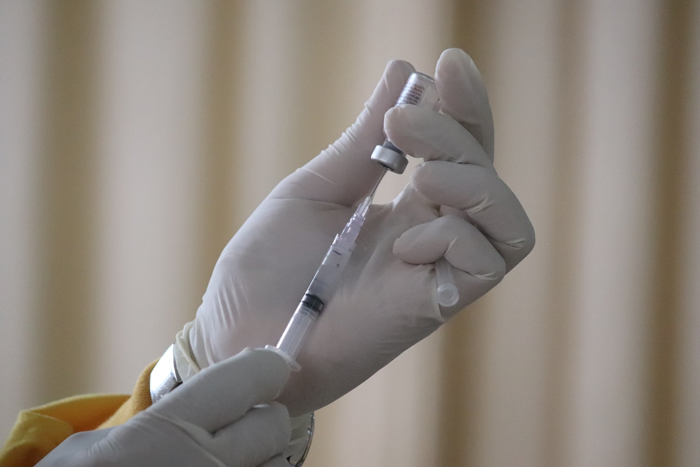Another breakthrough that can provide the basis for the creation of an effective medicine to combat senile dementia, including Alzheimer’s disease, was made by a team of scientists from Great Britain and Germany. Experts have used an unconventional approach to create a protein-based Alzheimer’s vaccine and an antibody-based drug. Tests in mice have shown a significant reduction in the symptoms of Alzheimer’s disease.
Scientists have now concluded that the progression of Alzheimer’s disease is associated with the shortening of the filamentous molecules of beta-amyloid protein, which is located in the brain and forms fibers and plaques. All the previous treatments aimed at dissolving amyloid plaques in the brain have not been successful and have not led to a decrease in the symptoms of Alzheimer’s disease.
The new approach is based on detecting antibodies in mice that neutralize truncated forms of beta-amyloid, but do not respond to normal forms of protein and plaques. The identified antibody was modified so that the body’s immune system does not perceive it as foreign. The use of the created modification of beta-amyloid initiated the production of antibodies, which was confirmed in experiments with mice.
The antibodies and the created vaccine restored the normal functioning of neurons, helped to stop the process of memory loss and reduced the rate of formation of beta-amyloid plaques.
According to the researchers, the new technique offers an opportunity not only to improve the effectiveness of the treatment of Alzheimer’s disease after the symptoms are detected, but also to allow vaccinations to prevent the disease before its symptoms appear.







